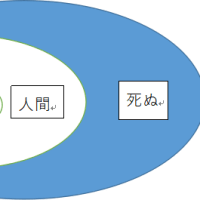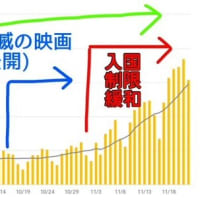1 これはなんだ?じーっと見てよう。イタッ

2 これ美味しいよ。何? オエッ

3 痛いよ

4 アーアーアー

5 全然、塩気が足りないね。

1 これはなんだ?じーっと見てよう。イタッ

2 これ美味しいよ。何? オエッ

3 痛いよ

4 アーアーアー

5 全然、塩気が足りないね。

 陣馬山
4年前
陣馬山
4年前
 陣馬山
4年前
陣馬山
4年前
 陣馬山
4年前
陣馬山
4年前
 陣馬山
4年前
陣馬山
4年前
 岩塚の黒豆せんべい(醤油味)
4年前
岩塚の黒豆せんべい(醤油味)
4年前
 三段論法とヴェン図
4年前
三段論法とヴェン図
4年前
 飯田橋で
4年前
飯田橋で
4年前
 飯田橋で
4年前
飯田橋で
4年前
 コロナの増えた原因について考えてみよう
4年前
コロナの増えた原因について考えてみよう
4年前
 秩父 二子山 東岳 西岳
10年前
秩父 二子山 東岳 西岳
10年前
The CEO of Philip Morris International told the Financial Times he believes investors who have dropped the tobacco company’s stock in recent years will eventually come back in light of its pivot toward vapor-based nicotine products, which have been marketed as less harmful than cigarettes — but regulators have been cracking down on e-cigarettes and other alternatives, particularly as evidence mounts that they can be harmful to teens.
About a third of PMI’s revenue comes from sales of its smoke-free products currently, and it aims to become a majority-smoke-free business over the next two years. The majority of those sales come from PMI’s “heated tobacco” products, which use electricity to warm, rather than burn, tobacco.
When asked by the newspaper whether he believed that Philip Morris could eventually be classified as an ESG stock — a loosely defined category of companies rated on environmental, social and governance factors — Jacek Olczak responded: “I think so.”